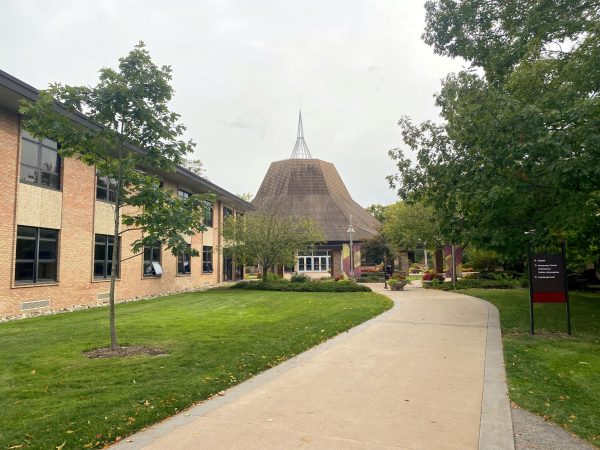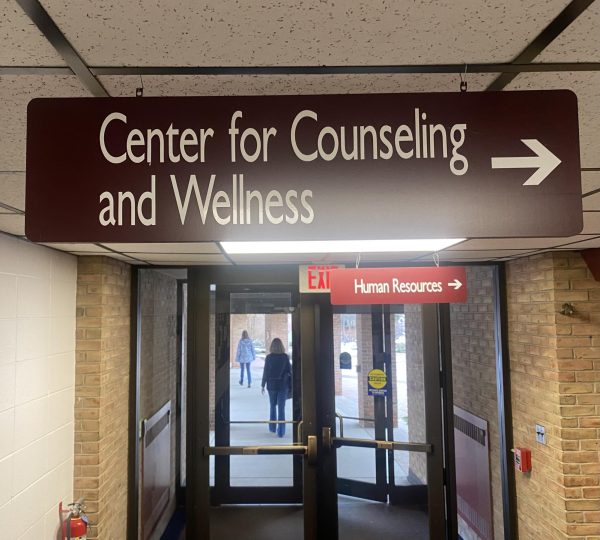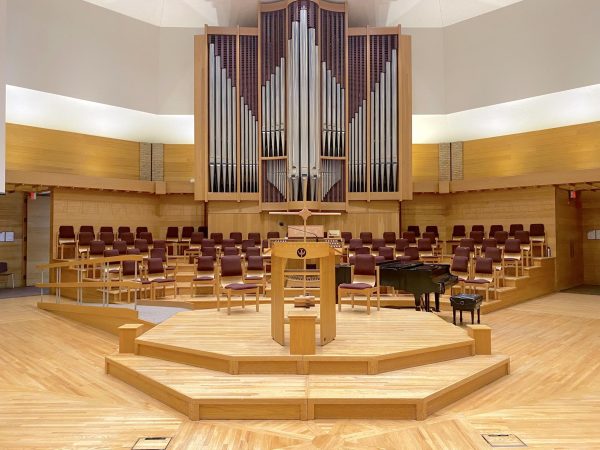Declining Tolerance in Indonesia
The image of Indonesia is often focused on its small, touristic island, Bali. Here, small, intricate offerings can be found anywhere from the rice fields to the car windshields. Ornate temples are decorated with colorful ribbons, and statues of beautiful Hindu gods can be found in every garden. This perception of Indonesia is quite skewed, because Bali is the only Indonesian Hindu island. In reality, Indonesia is the most populous Muslim country in the world. According to a PEW study released in 2010, Indonesia is home to over 205 million practicing Muslims, about 13 percent of the globe’s total Muslim population. Roughly 88 percent of the Indonesian population is Muslim. Though Indonesia’s President Joko Widodo recently told CNN, “We want Indonesia to be an example of moderate Islam — Islam that has tolerance, good Islam,” the country’s religious toleration is faltering.
Last week, Islamic extremists attacked two churches in the Aceh province. This act of terror was explained by the participants as a frustrated response to the Indonesians government’s failure to close these “illegal” churches. A mob of 500 burned down the first church and then continued on to the second that was being guarded by the local Christian community. This human barrier led to conflict as the Christian church members collided with the protesters, who were carrying axes, sticks and machetes. One Christian man was killed when shot in the head with an air rifle, reported Aceh Police Chief Husein Hamidi. There were four others wounded, including a soldier.
The 20 million Christians in Indonesia are suffering. The 2012 study “The Rising Tide of Restrictions on Religion” stated that Indonesia has become less tolerant toward minority groups in the last decade. Indonesia was found to be one of the least tolerant states in the world — ranking alongside Afghanistan, Egypt, Saudi Arabia and Yemen. According to a think-tank promoting religious tolerance, roughly 40 churches in Indonesia are forced to close each year. The Christians themselves are forced by extremist groups to destroy the churches. Nico Tarigan, priest of the Indonesian Bethel Church expressed his own experience. “We have to close down our churches because the administration said that they violated city regulation. If we remained open, the officials said they could not guarantee our safety. Since we didn’t want to get hurt, we half-heartedly signed the agreement.” The local governments feel pressure to follow through with the demolition of the churches in fear of further extremist terrorist attacks.
Aceh, the most southwestern Indonesian province, located on the island of Sumatra, is the only Indonesian province that enforces Sharia law. The community demanded autonomy after their large support of the Darul Islam Rebellion in 1950. This demand was met by the Indonesian government acceptance of a “special region” for the province in 1959. As a special region, the higher officials of the province were granted to enforce the regional law according to Sharia law. The laws within Aceh are enforced by the “morality police” who punish community members for any deemed “deviancy” or “blasphemy” with whipping, stoning or the severing of limbs.
Apart from Aceh and its unique independence from the Indonesian constitution, Christian churches throughout Indonesia are having increasing difficulty securing permits and licenses to build and operate. The Indonesian government requires that churches must obtain 60 signatures of local residents of different faiths to approve their building request as well as permission from the local Interfaith Communication Forum.
Despite these regulations that are reinforcing extremist domination over Aceh’s autonomous status, and the lack to break Aceh’s autonomy, President Widodo stresses the importance of religious toleration. “There is no compromise for violence. No compromise.” Vice President Jusuf Kalla calls for a greater public understanding and wants to implement strict policies and regulations to mandate tolerance in order to avoid further attacks. Perhaps with these governmental visions, tolerance will be stressed and persecution of Indonesian Christians will be lifted.








